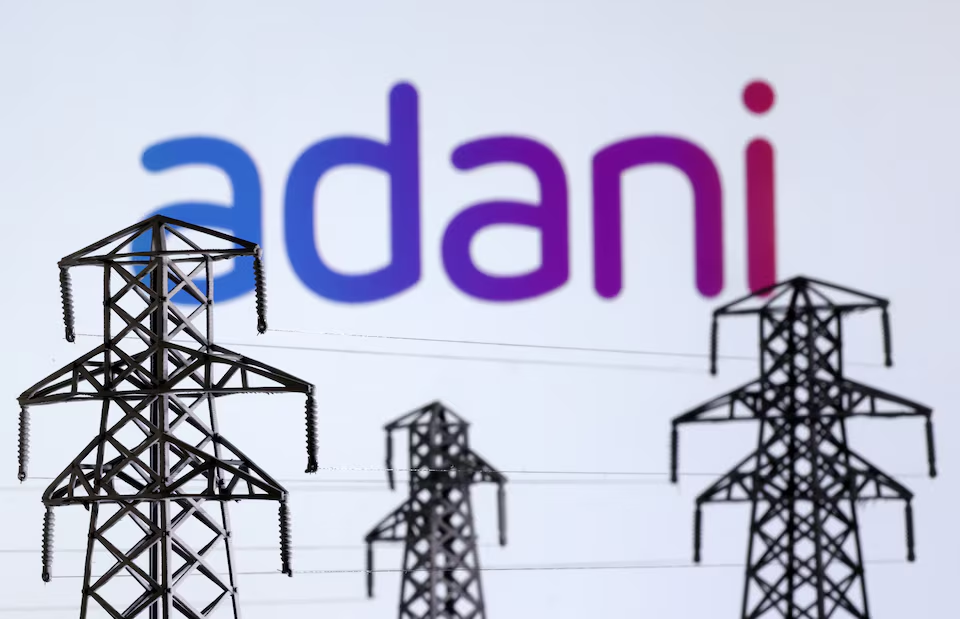
The new government has set up a panel to gauge whether its predecessor's contracts adequately protected the nation's interests, particularly projects faulted for lack of transparency that were initiated under a special expediting law.
One contract being scrutinised over price concerns is a 2017 deal to buy electricity for 25 years from Adani's $2-billion, 1,600-MW power plant in India's eastern state of Jharkhand that exclusively supplies Bangladesh.
The project meets nearly a tenth of Bangladesh's demand for power, so cancelling the Adani deal outright would be difficult, however, said one of the sources. Both spoke on condition of anonymity as the matter is a sensitive one.
Also, a legal challenge in an international court was likely to fail without strong evidence of wrongdoing, the source added.
While an exit may not be possible, the only feasible option could be a mutual agreement to reduce the tariff, the second source said.
Asked for comment on the remarks, Muhammad Fouzul Kabir Khan, the power and energy adviser, or de facto minister in the interim government, said, "The committee is currently reviewing the matter, and it would be premature to comment."
The Adani power costs Bangladesh about 12 taka ($0.1008) a unit, an official of the Bangladesh Power Development Board said, citing the latest audit report for financial year 2023/24.
That is 27% higher than the rate of India's other private producers and as much as 63% more than Indian state-owned plants, he added.
Under the deal, Bangladesh has been sourcing electricity since April 2023 from Adani, along with about 1,160 MW from other Indian plants.
Adani has had "no indication" that Bangladesh is reviewing the agreement, a spokesperson in India said.
"We continue to supply power to Bangladesh despite mounting dues, which are of significant concern and are rendering plant operations unsustainable," the spokesperson said.
Dhaka is struggling to clear dues of $800 million to Adani Power, among more than $1 billion owed to Indian power companies, because of difficulty in accessing dollars to make payment.
"We are in constant dialogue with senior officials of the Bangladesh Power Development Board and the government, who have assured us our dues will be cleared soon," the Adani spokesperson added.
Adani Power was confident Dhaka would fulfil its commitments, just as the company had met its contract terms, the spokesperson added, but did not respond to a query on why its rates exceeded those of other suppliers.
Nevertheless, domestic critics, such as the Bangladesh Nationalist Party (BNP) of former premier Khaleda Zia, say pricing concerns make a review of the deal necessary.
"The deal with Adani has raised serious concerns about overpricing from the start, and it’s a positive step that the government is now reviewing it," said senior party leader Zainul Abdin Farroque.
"I hope they make the right decision."
The interim government led by Nobel laureate Muhammad Yunus took power in Bangladesh in August after deadly protests prompted then Prime Minister Sheikh Hasina to resign and flee to neighbouring India.
It has since scrapped projects such as a floating LNG terminal planned by domestic conglomerate Summit Group, with officials saying more cancellations are possible.